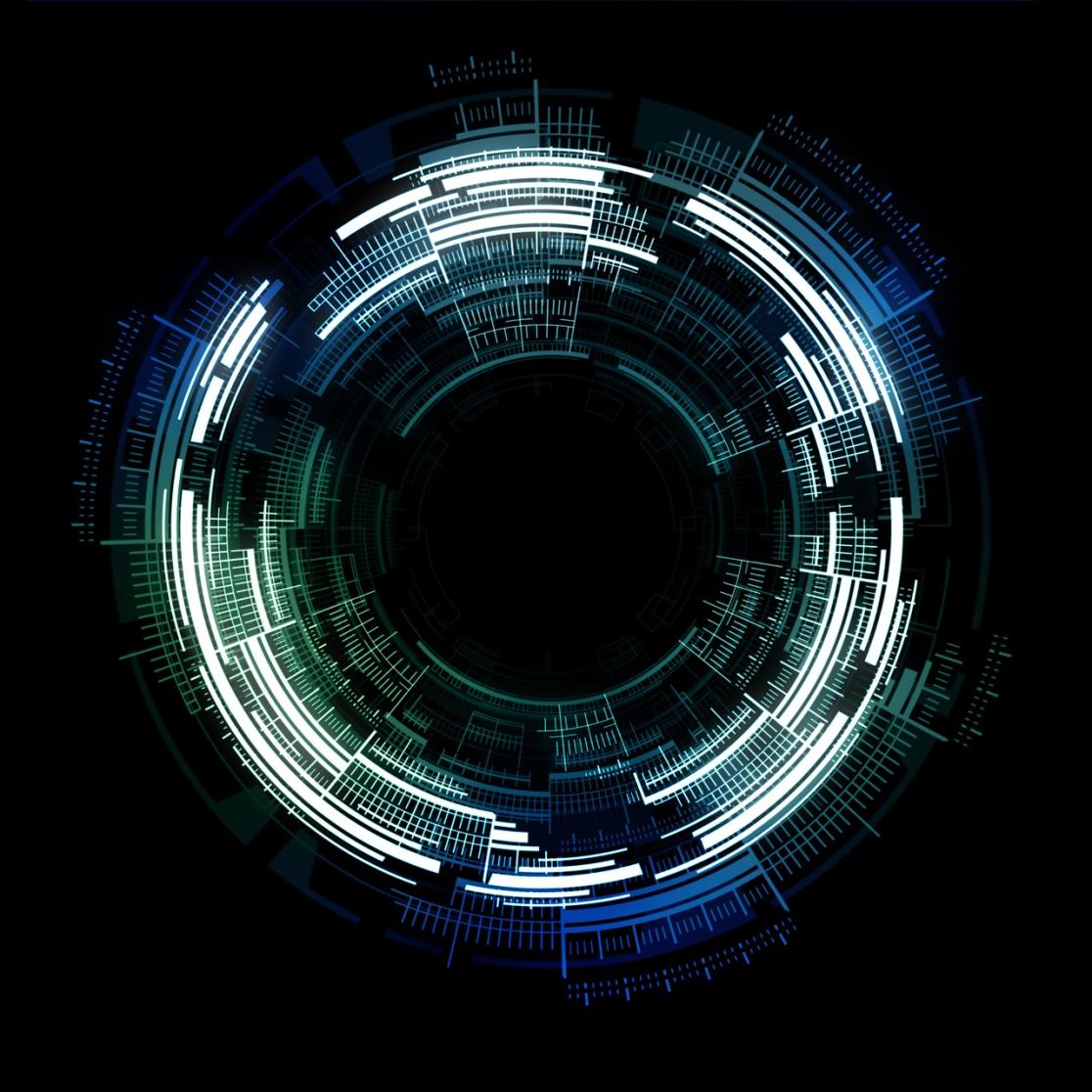Courts and Internet Governance
This conference builds on an initial exploration of the topic of decentralization held at the Faculty of Law at Oxford University in March 2019. The event takes the overarching theme of Internet governance, as the vast majority of the data-related issues as illustrated above has been shaped by the increased interconnectivity, use and architecture behind the Internet. The first panel tackle Internet governance from the perspective of the legal certainty necessary for stable markets and societies. The second and third panel zoom into court activity with respect to issues related big data collected, stored or linked online, as well as the circumstances underlying the lack of more litigation relating to blockchain-related wrongs.
INFO
When issues first arise in connection with how disruptive innovations need to be qualified according to current legal regimes, courts are the ones expected to interpret new developments in the light of established laws. Yet courts – just as lawmakers – are often criticized for their perceived inability to understand technology and keep up with its pace. As innovation develops and transforms Internet architecture, users and governance, marking a shift from the web 1.0 of the early 90’s to the platform-dominated web 2.0, it gives rise to more complex legal questions. On the one hand, with the advent of peer-to-peer economy around platforms such as Youtube, Instagram, AirbnB or TaskRabbit, legal certainty is under siege, as shown by various referrals by national courts in the European Union to the Court of Justice: When is user consent gathered by online sufficiently 'specific' and 'informed' (Case C-61/19)? Is a natural person who posts eight ads on a website a trader who is bound by consumer protection (Case C‑105/17)? On the other hand, developments in distributed technologies such as blockchain have in more recent times added decentralization to the already-existing legal uncertainty. While the blockchain space has seen skyrocketing investments, losses arising in relation to fraudulent Initial Coin Offerings (ICOs), hardware manufacturing defects or security holes in smart contracts are reported by news outlets, but rarely make it on the desks of judges.
Organizers:
- Mariolina Eliantonio (Maastricht University, Department of Public Law)
- Catalina Goanta (Maastricht University, Law &Tech Lab)
- Isabelle Wildhaber (University of St. Gallen, Institute for Work and Employment FAA-HSG)

PROGRAMME
| 9.30-10.00 | Welcome and Introduction |
| 10.00-12.00 |
Internet Governance and Legal Certainty
|
| 12.00-13.00 | Lunch |
| 13.00-14.20 |
Courts and Big Data
|
| 14.20-14.35 | Coffee Break |
| 14.35-15.00 | Keynote speech by Primavera de Filippi (Harvard University & CNRS) |
| 15.00-17.00 |
Courts and the Decentralized Internet
|
| 17.00-17.10 | Concluding remarks |
| 17.10 | Apéro |
VENUE
Maastricht University Campus Brussels
Avenue de Tervueren 153
1150 Brussels
How to get to the UM Campus Brussels:
- Metro: from the Central station take the purple metro line 1 leading to Stockel (not line 5 to Herrmann-Debroux) and get off at ‘Montgomery’. Take exit ‘Boulevard de Saint-Michel / Avenue de Tervueren 1-171 and then turn right. The UM Campus Brussels will be after 30 meters on your left hand.
- Brussels Airport: take bus 12 or bus 21 that both cover the area between Brussels Airport and the city center. In both cases get off at ‘Diamant’ and take the tram line 23 or 24 both in the direction of ‘Vanderkindere’ or take line 25 in the direction of Boondaal Station. Get off at ‘Montgomery’. Take exit ‘Boulevard de Saint-Michel / Avenue de Tervueren 1-171 and then turn right. The UM Campus Brussels will be after 30 meters on your left hand.
Also read
-
Emerging Issues and Challenges in Privacy and Cybersecurity
This 2-day online training programme is a building block of the full Diploma Track on Privacy Management.1 Jan31 Dec -
Conference 'United in Diversity?'
Interdisciplinary Perspectives on Mutual Recognition in European Law and Governance29 Jan30 Jan